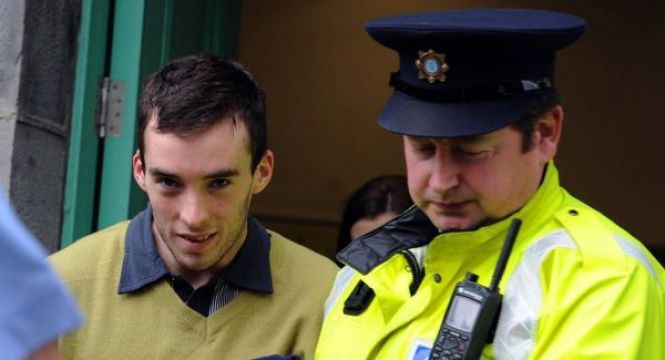A consultant psychiatrist has told a murder trial jury that a man who killed his mother with a hatchet after an argument over an iPhone was insane at the time of her death.
Defence expert witness Dr Ronan Mullaney told the Central Criminal Court on Wednesday that Patrick Dunne, who admits killing his mother Susan Dunne in 2013 but denies her murder, was incapable of controlling his actions or emotions on the night.
Dr Mullaney said that in his opinion at the time of his mother's death, Mr Dunne suffered a mental disorder and was "unable to appreciate or refrain from a criminal act and was frustrated, angry and overwhelmed". Dr Mullaney said that in his opinion Mr Dunne's mental state fulfilled the criteria for a "special verdict", that being "not guilty by reason of insanity".
The trial has heard that Mr Dunne told gardaí in interviews that he "lost it" over a disagreement about the purchase of an iPhone. Ms Dunne died after suffering six hatchet wounds to the head as she lay in her bed.
The 28-year-old autistic man admits killing his mother "without any lawful justification" but expert psychiatrists for both the prosecution and defence are in agreement that the accused was insane "as defined by law" at the time of his mother's death, the Central Criminal Court has been told.
Patrick Dunne from Ballingeragh, Lixnaw, Co Kerry, has pleaded not guilty to murdering his mother Susan Dunne (62) between November 26th and 27th, 2013, both dates inclusive, at the same address.
Patrick Gageby SC, defending Mr Dunne, has made a number of admissions of fact on behalf of his client that included that the accused killed Ms Dunne and had done so "without any lawful justification".
Dr Mullaney said that Mr Dunne had been diagnosed as being on the autism spectrum when he was five years old, which constituted an incomplete development of his mind.
Independence
The consultant forensic psychiatrist said Mr Dunne felt that his mother was controlling him and that the accused perceived that his mother was preventing him from having any independence regarding a life of his own, friends of his own, socialising, having a girlfriend or contact with his father.
Dr Mullaney said that before Mr Dunne killed his mother, he had years of thoughts of doing so and that at the time of her death the accused felt he had "no other choice".
He said that Mr Dunne was not able to conceive of the feelings of others and that autistic behaviour can exhibit angry, impulsive behaviour and physical aggression.
Dr Mullaney said that, despite the mental disability, Mr Dunne was fit to stand trial.
Dr Mullaney said that Mr Dunne's father described his son as being "away in his own world as a child" and that the accused suffered bullying and social isolation in school.
When assessed at the Central Mental Hospital, Mr Dunne was found to be "extremely vulnerable, easily led and someone who would go along with the gang".
Mr Dunne's IQ was found to be 72 and he found interpersonal relationships challenging.
Dr Mullaney said that in a letter to his solicitor Dunne said that he wanted to go to court so he could ask the judge "for an hour off" to visit his friends.
Dr Mullaney said Mr Dunne had stabilised since being found not fit for trial in April 2014 and was on anti-depressants.

The expert witness said reports concluded that Mr Dunne had "unrealistic ambitions" in wanting to become "a professional footballer, have a girlfriend and an online fan-club".
The doctor said that a culmination of anger in Mr Dunne over his restricted life led him to admit that he shoplifted the axe with the intention of killing his mother.
Mr Dunne told interviewers in the Central Mental Hospital that he regretted what he did and that if "I had had the skills then that I have now my mother would still be alive".
In interviews, Mr Dunne said he could now see that his mother was trying to protect him, keep him safe and that she did not want to be alone.







